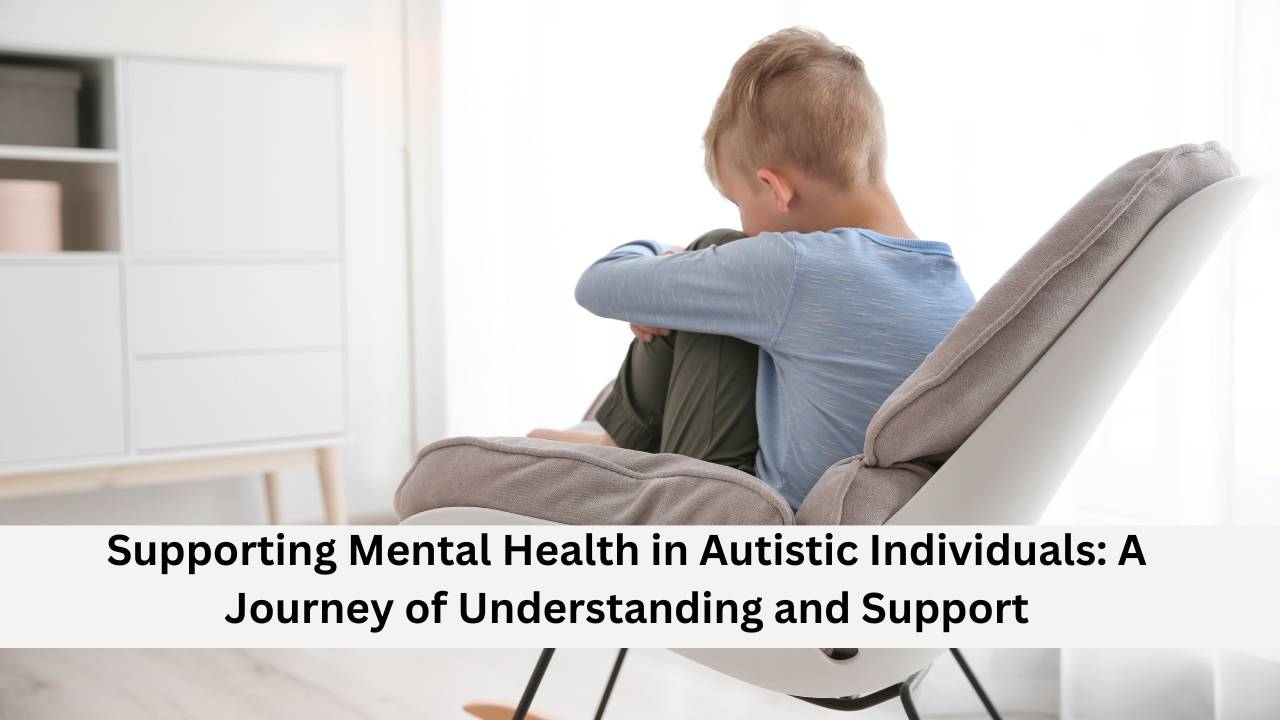Supporting Mental Health in Autistic Individuals: A Journey of Understanding and Support
Sep 07, 2023
Autism and mental health form an intricate interplay, where the unique challenges and strengths of autistic individuals intersect with emotional well-being. While autism is a diverse spectrum encompassing a wide array of traits and abilities, many individuals often navigate coexisting mental health conditions such as anxiety, depression, OCD and eating disorders. Recognizing and addressing the mental health aspects of autism is a vital step towards fostering support, allowing individuals to harness their strengths and thrive while navigating the complexities of their neurodiverse journey.
Today we want to feature Dr. Hannah Belcher. She is an autistic adult who has lectured in Psychology and Mental Health since 2016 for both the Open University and Anglia Ruskin University. She worked for a leading mental health charity in the UK, and is currently a Lecturer in user-led research at King’s College London.
Dr. Belcher states the following in an article she wrote for Autism Advocate Parenting Magazine: "One of the main red flags for mental health is if autistic children have to mask their traits a lot. Ideally, you want to encourage autistic children to embrace their traits and neurodivergence, and to have compassion for themselves. They should not grow up hating themselves for being autistic as society will often tell them there is something wrong with them or that they do not belong. This may manifest in them being quite quiet in social situations and well-behaved in school and around others, but having meltdowns or shutting down completely when they come home. School avoidance may exist, as might selective mutism in certain situations. Generally being very anxious may also be a sign they’re overwhelmed."

What are the best ways to support our autistic children in managing their mental health? Dr. Belcher says parents should embrace their child’s neurodivergence, let them stim and follow their special interests, and introduce them to other autistic children and older role models. It is also extremely important to seek professional help for your child when you feel your child's mental health is beyond what you can handle.
Mental health is such an important topic. Learn the warning signs that your child might need help, know how to support your child at home, and know when to seek professional help. These are vital for supporting our autistic children and helping them thrive.
Learn more on this topic in Dr. Belcher''s article. Access the article in our article directory by clicking here.
Stay connected with news and updates!
Join our mailing list to receive the latest news and updates from our team.

